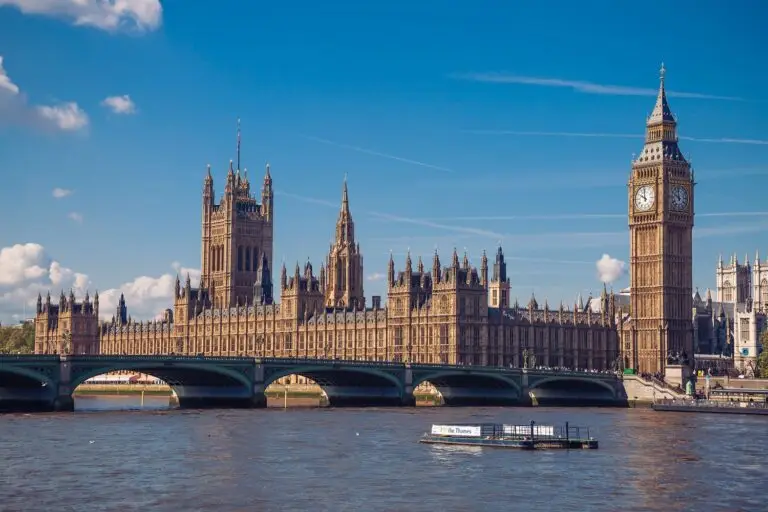Attendees of the Labour Party Conference gathered in Liverpool amidst the backdrop of a drop in the polls and a yellow weather warning, with the Party in a bid to revive their plan for government for the last few months of the year.
This was the first party conference for the Labour Party in government for 15 years, and expectations were high following on from the landslide general election victory and the buzzing atmosphere at last year’s conference. With 20,000 people in attendance, more fringes than ever before and a sold-out business day, it was a busy few days in Liverpool.
Yet whilst the mood in Liverpool was very busy, it was also surprisingly flat. Whilst fringes, the exhibition hall and the main auditorium were all well attended, most discussions I had over the course of the conference brought up the flatness of the event itself in what should’ve been a celebration of the party’s successes.
Businesses were frustrated with the lack of access received at business day, with reports in The Times suggesting some businesses will be asking for refunds from the Labour Party – a stark contrast to the raving reviews the Party received from business at the 2023 conference. Ministers were seen everywhere throughout conference, appearing at fringe events, receptions, and parties, yet the breadth of their appearance arguably dampened the amount of quality engagement with businesses and members that they were able to provide. Amidst dozens of conversations at conference, only one person told me engagement with government had been positive.
That has been a noticeable change since last year. Pre-election, the party were relishing in talking up their business credentials, but since in power, there has been the perception amongst business that they are shying away from their position pre-election. Some at conference commented that a mindset shift had yet to take place from being in opposition to being in government. This will need to be rectified quickly to achieve the changes necessary.
In the main hall, Starmer used his set-piece speech to frame an argument that difficult decisions were necessary, but would help to build a stronger Britain in the future- following calls from cabinet ministers to offer more hope following the negative tones offered over recent months. This- understandably- went down well in the hall, but reports from the press have been predictably mixed, and detail remains scarce.
Health Secretary Wes Streeting continued his messaging at conference that the NHS was broken and it was the government’s job to fix it- a challenge which he would relish. He vowed not to back down in the face of upcoming opposition to the reforms he will introduce, setting the scene for what could be a problematic spring for the Health Secretary when the 10-Year Plan arrives.
Junior Health Minister, Andrew Gwynne, spoke in fringe events about his ambition to become a “Marmot nation” and to have health in all policies, as well as echoing Streeting’s priorities of reform for the NHS. Gwynne will also be responsible for holding other government departments to account on the health mission. Yet, to truly achieve a Marmot nation, this will require cross-departmental working within government that we arguably have never seen, and the prime minister will hope that his 5 missions- as well as the political will of ministers- will help to achieve this.
Much of what was said at conference by MPs had been heard before, with the Budget a month away cited as a key moment in the calendar to understand how the government will set out to achieve its objectives. With that said, whilst there has been patience amongst businesses and industry for the government to settle in and get their priorities solved, there is now an increasing appetite for Labour to put some meat onto the bone of their objectives.
Ultimately, this government will be re-elected if they are deemed competent by the electorate, and can make progress on key public priorities such as the economy, health, immigration, education, and law and order. The cabinet and party faithful will hope that conference has helped to set this in motion, but the devil will be in the detail, with the electorate keen to see progress quickly.




